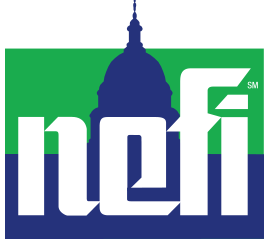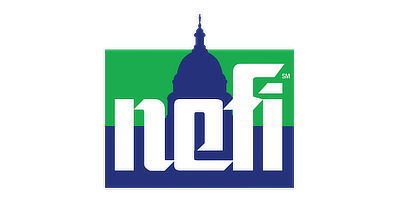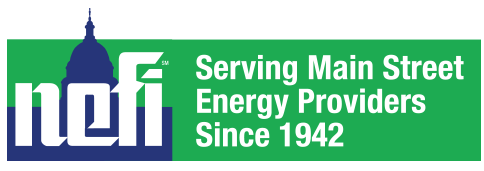Report by Rick Schweitzer, NEFI Regulatory Counsel (rpschweitzer@rpslegal.com)
The Federal Motor Carrier Safety Administration has issued a final rule that limits the duration and the scope of regulatory relief provided in emergency declarations under 49 CFR §390.23.
First, the final rule modifies the definition for "emergency" to clarify that emergency regulatory relief under §390.23 generally does not apply to economic conditions that are caused by market forces, including shortages of raw materials or supplies, labor strikes, driver shortages, inflation, or fluctuations in freight shipment or brokerage rates, unless such conditions or events cause an immediate threat to human life and result in a declaration of an emergency.
The rule also removes the definition of "emergency relief" as that term is no longer used in §390.23 and amends the definition of "direct assistance" to incorporate the essential components of the emergency relief definition.
Presidential Emergencies. The rule provides that declarations of emergency by the President will continue to trigger a 30-day exemption from all of the Federal Motor Carrier Safety Regulations in 49 CFR parts 390 through 399.
Regional Emergencies. The rule limits the duration and scope of the automatic regulatory relief that takes effect upon a regional declaration of emergency by a Governor, a Governor's authorized representative, or FMCSA. The automatic regulatory relief applies for 14 days, as opposed to the current limit of 30 days. FMCSA had proposed limiting this regional exemption to 5 days but increased it to 14 days in the final rule based on the public comments received. The rule also exempts property-carrying CMV drivers in regional emergencies only from the hours of service regulations in §395.3 as opposed to all regulations in parts 390 through 399.
Local Emergencies. For local emergencies under §390.23(c), the automatic regulatory relief is limited by this rule to the HOS regulations in §395.3. This regulatory relief was already limited to 5 days, thus no change to the length of the automatic relief was needed.
Residential Heating Fuel Emergencies. Additionally, the rule moves the definition of "residential heating fuel" from the text of §390.23 and places it in the definition section, §390.5, but does not make any substantive change to the definition. The preamble to the final rule clarifies that residential heating fuel includes biofuels as well as heating oil, natural gas, and propane (also known as Liquefied Petroleum Gas or Petroleum Gas, Liquified).
Section 390.23 maintains the current statutory requirement from the Reliable Home Heating Act (49 U.S.C. 31136 note) that when a Governor declares a state of emergency due to a shortage of residential heating fuel, the automatic regulatory relief lasts for a period of 30 days and exempts any motor carrier or driver operating a CMV to provide residential heating fuel in the geographic area under the state of emergency from all regulations in parts 390 through 399. The initial automatic exemption may be extended two times by the Governor, for a total of 90 days. Because this provision is in statute, it cannot be changed by regulations—any change would require a subsequent act of Congress.
The final rule becomes effective as of December 12, 2023.

 admin - 10:23 am -
October 17th, 2023
admin - 10:23 am -
October 17th, 2023 







